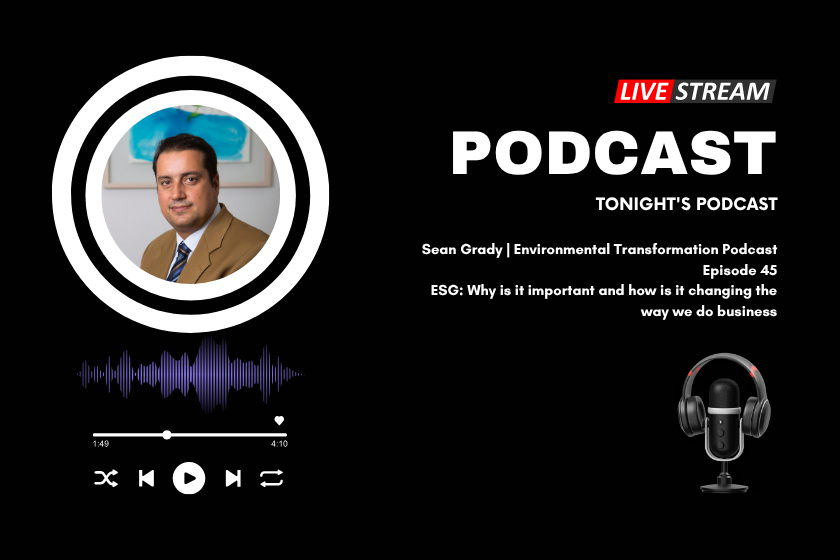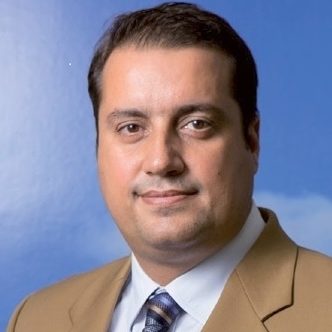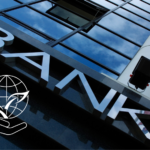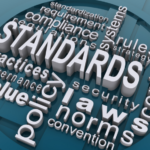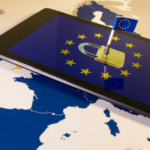In this exclusive Nikos Avlonas ESG interview, the founder of the Center for Sustainability and Excellence shares insights on ESG trends, sustainability leadership, and the future of responsible business.
Nikos Avlonas ESG Interview: Leading the Sustainability Transformation
Host: Sean Grady, Environmental Transformation Podcast
Guest: Nikos Avlonas, President of the Centre for Sustainability and Excellence (CSE)
Sean Grady: Welcome to the Environmental Transformation Podcast. I’m your host, Sean Grady, and today’s guest is Nikos Avlonas, CEO of the Center for Sustainability and Excellence (CSE). Welcome to the show, Nikos.
Nikos Avlonas: Thanks, Sean. It’s great to be here. Thank you for the invitation.
Sean Grady: Sustainability is such a hot topic across industries right now. Nikos, let’s start at the beginning—how did you get involved in this field, and what led you to found the Center for Sustainability and Excellence?
Nikos Avlonas: It started around 2000–2004 when I was based in Brussels, working for a foundation conducting research on over 50,000 European companies. What struck me was that businesses caring for people, communities, and the environment were more financially successful than others. That piqued my curiosity.
Back then, terms like CSR or sustainability weren’t widely used. But we took the initiative and developed the first European framework for sustainability in 2002. Two years later, in 2004, I founded CSE to fill a gap: the need for professional education and integration of sustainability in business. We launched the first global sustainability training, helping shape leaders who are making an impact today.
Sean Grady: That’s fascinating. Let’s clear up something many listeners ask—what exactly does ESG mean, and why is it so central in today’s business landscape?
Nikos Avlonas: ESG—Environmental, Social, and Governance—refers to criteria used to assess a company’s sustainability performance. While sustainability as a term has been around longer, ESG is closely linked to financial viability and risk. Investors increasingly favor companies with strong ESG credentials because they’re typically more profitable and less risky. ESG is now a must for public firms looking for investment and growth.
Sean Grady: Corporate social responsibility reports are everywhere now. How do these affect how companies operate?
Nikos Avlonas: Reporting has become essential—not just for public companies but also for small and medium-sized enterprises. According to CSE research, over 2,000 North American businesses report on CSR annually. These reports signal a company’s transparency and commitment to stakeholders—employees, customers, communities, and investors alike.
Sean Grady: There’s often confusion around ESG, CSR, and sustainability. Are they different?
Nikos Avlonas: The definitions overlap significantly. While the focus may vary—ESG is more investor-driven, CSR leans toward community responsibility, and sustainability is broader—they all refer to the same idea: doing business responsibly.
Sean Grady: So what’s really driving this shift toward sustainability?
Nikos Avlonas: It’s a mix of stricter legislation, investor pressure, consumer expectations, and the financial benefits of sustainable practices. Our 2020 study of 1,500 companies showed that ESG leaders outperform others financially. Also, we’re seeing momentum toward global carbon taxes, which will force companies to rethink their models. The traditional “business as usual” model is obsolete—today’s model is “sustainable by design.”
Sean Grady: Many companies now claim they’ll be net-zero by 2050. What’s your take on that?
Nikos Avlonas: Ambitious targets are great, but they must be backed by plans. Transparency is key. Without clear roadmaps, it’s greenwashing. Companies need to show how they’ll achieve their goals in sustainability reports. That’s how we build credibility.
Sean Grady: How has sustainability reporting changed over the years?
Nikos Avlonas: It has evolved from voluntary initiatives to compliance. Back in 2005, we helped Lloyds Banking Group develop one of the first sustainability reports in Europe. There were no standards then—just enthusiasm. Today, there are at least ten international reporting frameworks, and in Europe, sustainability reporting is mandatory. We’ve moved from passion to performance.
Sean Grady: In the U.S., the SEC is also stepping in. What’s happening there?
Nikos Avlonas: The SEC, encouraged by the Biden Administration, is developing rules for public companies to disclose climate-related risks. This includes operational and supply chain risks—essentially integrating climate risk into financial filings. We’ve been involved in consultations with the SEC on this.
Sean Grady: Who is helping companies navigate all these changes?
Nikos Avlonas: It’s a growing space. Many consulting firms have entered the market, including the big accounting firms. At CSE, we’ve supported Fortune 500s, NASA, and government agencies. Our strength is in combining consulting with deep training expertise.
Sean Grady: Let’s talk about that. What’s CSE’s broader vision?
Nikos Avlonas: Our vision is to educate 100,000 professionals by 2025. So far, we’ve trained over 10,000 across 75 countries. We offer globally recognized programs, including on-site and online certifications tailored to practitioners, board members, and executives.
Sean Grady: And you’re also working with universities, right?
Nikos Avlonas: Yes, we’ve collaborated with institutions like DePaul University, University of Texas, and Western Washington. We helped DePaul create one of the first master’s degrees in sustainable development. We also co-authored the book Practical Sustainability Strategies, which is used globally in academia.
Sean Grady: What’s the role of measurable KPIs in sustainability?
Nikos Avlonas: Crucial. If you can’t measure it, you can’t manage it. KPIs help align business strategy with sustainability goals. The new model is about profit through responsibility—respecting people, communities, and the environment.
Sean Grady: What makes a sustainability program defensible?
Nikos Avlonas: Access to resources, measurable goals, and leadership commitment. And it’s for companies of all sizes—not just multinationals. In fact, smaller companies can often implement changes more quickly and gain competitive advantage.
Sean Grady: Let’s talk about the role of technology. Are digital tools helping companies track ESG performance?
Nikos Avlonas: Absolutely. From AI-powered ESG ratings to blockchain audits and carbon management software, technology is critical. There are over 100 platforms now supporting ESG tracking—companies just need to choose what fits their needs.
Sean Grady: What are your hopes for the future—say 2030 or 2050?
Nikos Avlonas: By 2030, we aim to have educated 100,000 professionals and impacted 100 countries. We also want to deepen our research and support SMEs, who are still behind. We’re optimistic, but we know the work ahead is significant.
Sean Grady: Nikos, thank you for being on the show. Your insights and work at CSE are helping shape the future of sustainable business.
Nikos Avlonas: Thank you, Sean. It was a pleasure.
